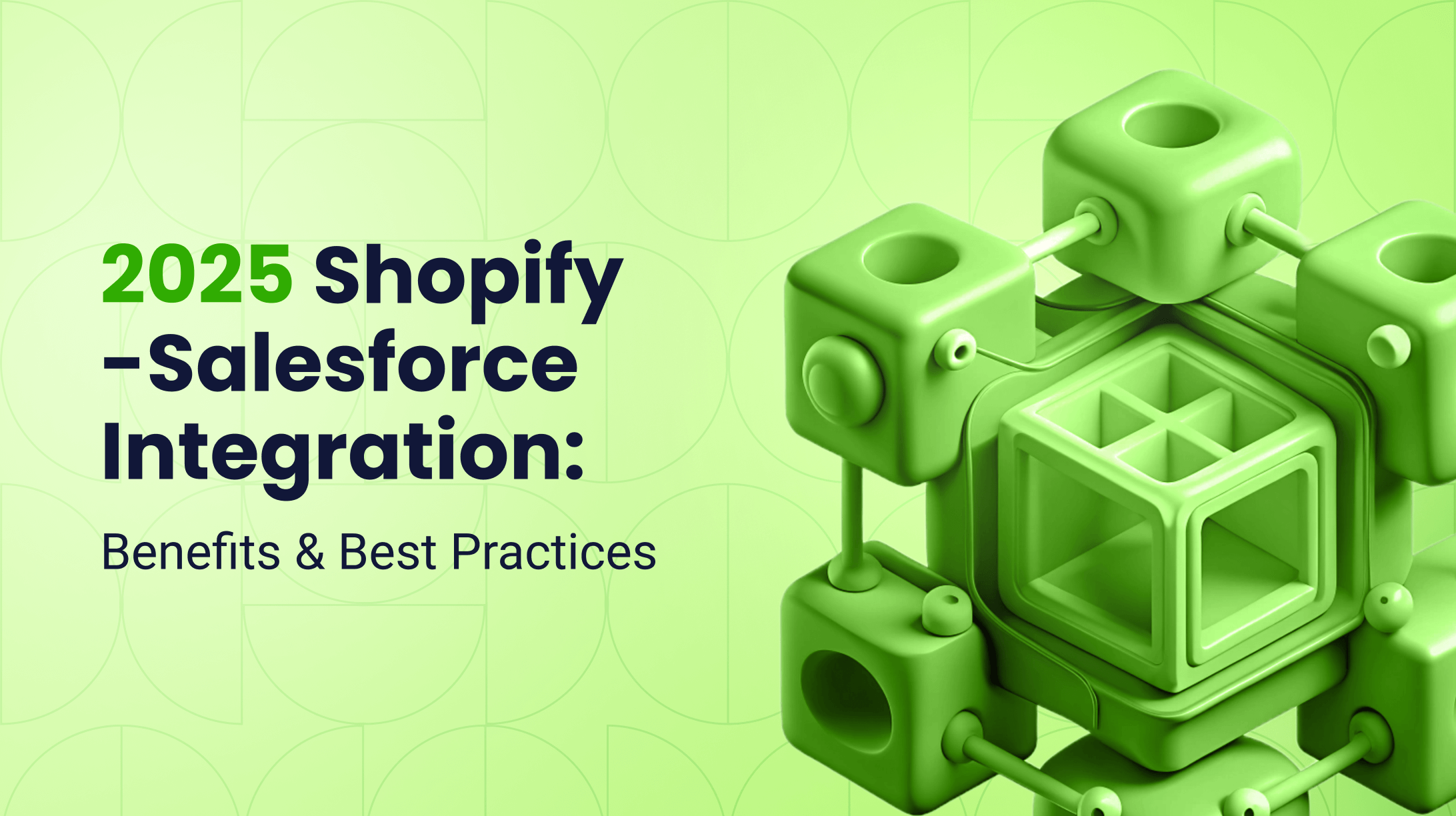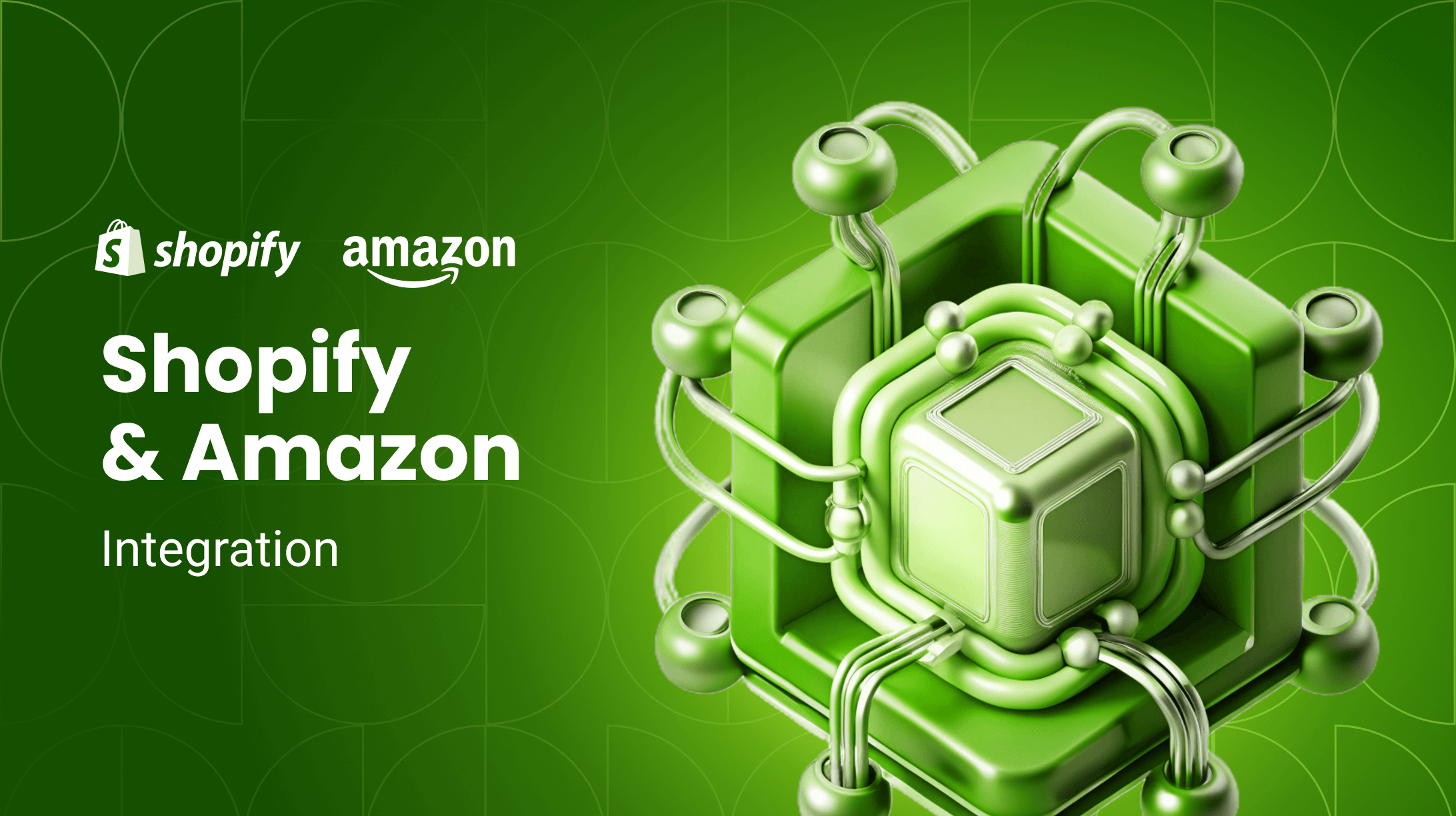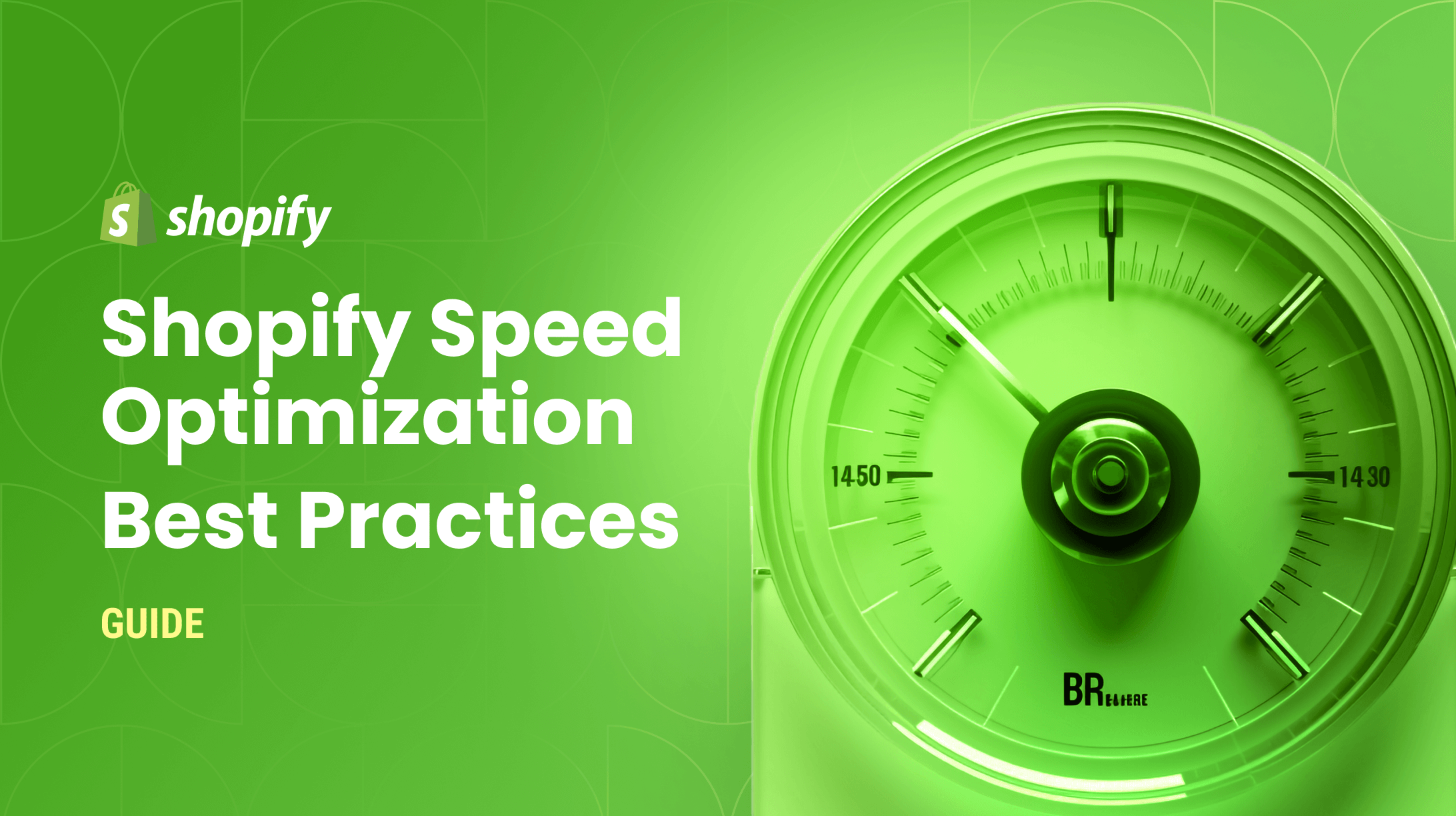0%
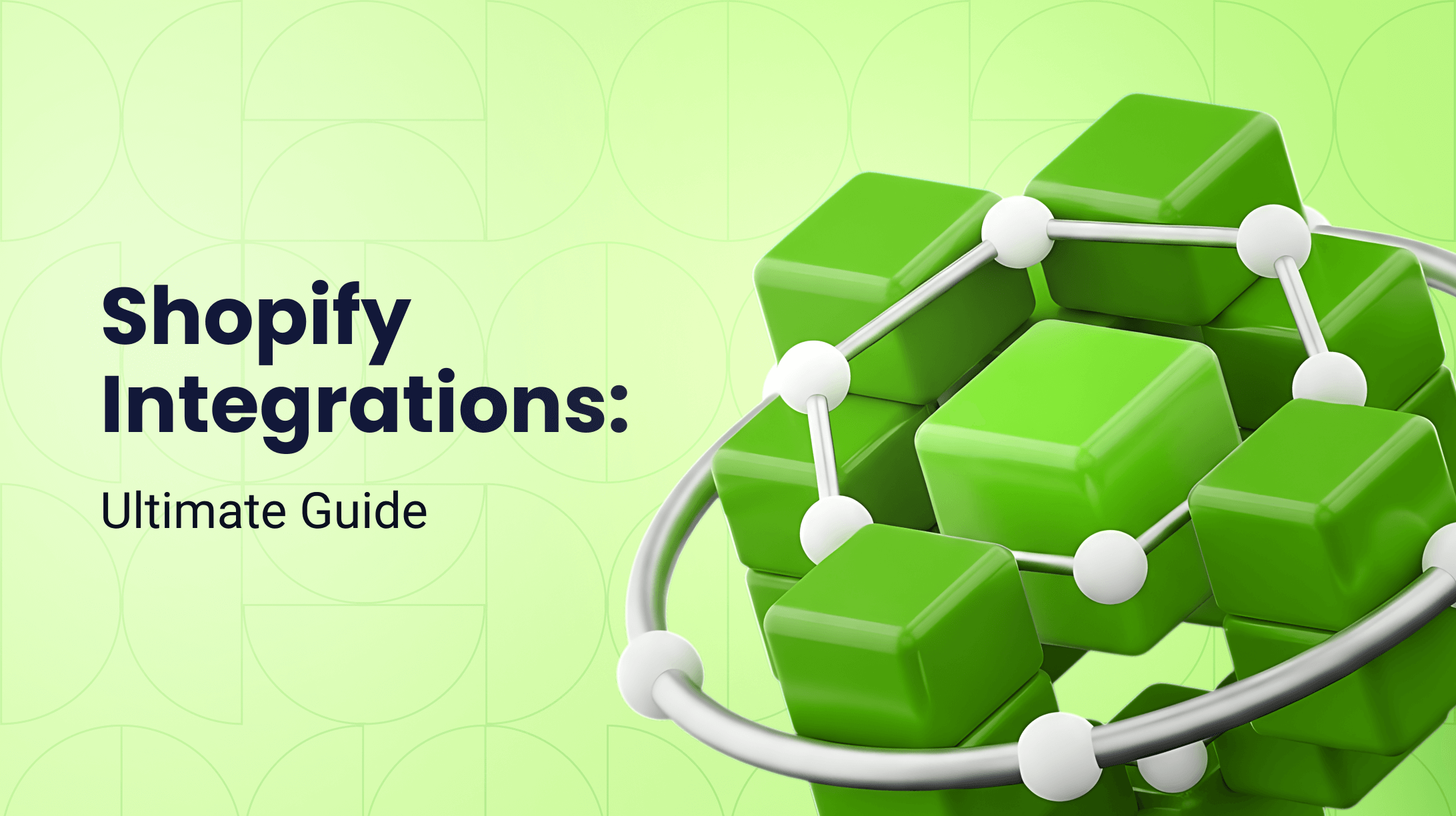
Shopify is a dominant force, empowering entrepreneurs with a wide range of user-friendly features. Shopify simplifies the ability to create online storefronts and optimizes the opportunity for business growth. Equipping merchants with the potential to establish a strong online presence. One of Shopify’s strengths lies in integrations. Integrations are vital for e-commerce and in the digital marketplace today, allowing entrepreneurs of all sizes to pair with large enterprises like Amazon and sync with powerful tools like Salesforce. Effective integrations are pivotal for scaling business operations, enhancing efficiency, and refining customer service.
In this blog post, we dive into an overview of the benefits of integrating Shopify with Amazon and Salesforce.
Shopify Integrations
First, what is an integration? E-commerce integrations allow you to connect your e-commerce platform, like Shopify, to other business systems, like Amazon or Salesforce. Many integrations are available for e-commerce platforms, including finance, accounting, inventory, order management, shipping, and others. Integrations are a way to save time and money by improving the efficiency of overall operations. Integrating critical business processes with your e-commerce platform increases consistency and decreases errors.
Shopify integrations offer seamless connections to third-party apps, tools, and services with the Shopify platform. With Shopify integrations, you can expand your capabilities as an e-commerce merchant beyond the core features of a Shopify store. Shopify offers many helpful integrations catering to different needs and business objectives. Some Shopify integrations include payment platforms, shipping and fulfillment tools, inventory management, marketing, customer relationship management, and social media management.
Types of Shopify Integrations
Here is an expanded overview of the available Shopify integration types. Each type plays a crucial role to optimize your store’s functionality and efficiency.
- Payment Gateway Integrations – Integrations with services like PayPal, Stripe, and Square ensure smooth and secure payment processing. They offer features such as multi-currency support, fraud protection, and seamless checkout experiences, accommodating various customer preferences and enhancing overall trust.
- Shipping and Fulfillment Integrations – By connecting with providers like ShipStation, FedEx, and UPS, these integrations simplify shipping label creation, real-time tracking, and automated notifications. They help optimize shipping costs and improve delivery times, enhancing customer satisfaction and operational efficiency.
- Email Marketing Integrations – Platforms like Mailchimp and Klaviyo directly integrate to manage subscriber lists, automate targeted campaigns, and analyze engagement metrics. These integrations enable personalized email strategies, increasing customer retention and driving repeat purchases.
- Social Media Integrations – Integrations with platforms like Facebook, Instagram, and Pinterest allow for product catalog synchronization, targeted advertising, and direct social selling. These features expand brand visibility, engage a broader audience, and drive traffic to your store from social channels.
- Accounting and Finance Integrations – Tools such as QuickBooks and Xero sync financial data, offering real-time insights into your financial health. They streamline processes like invoicing, expense tracking, and tax preparation, reducing errors and saving time on financial management.
- Customer Relationship Management (CRM) Integrations – CRMs like Zoho and HubSpot enable seamless data sharing, enhancing sales tracking, customer segmentation, and personalized communication. They support effective customer relationship management by centralizing data and automating marketing tasks.
- Inventory and Order Management Integrations – With solutions like TradeGecko and Skubana, businesses can automate inventory tracking, manage order fulfillment, and forecast demand. These integrations prevent stockouts, reduce excess inventory, and optimize supply chain efficiency, ensuring a balanced and responsive inventory system.
Shopify and Amazon
Amazon is a global giant with over 200 million Prime subscribers and 147 million US customers as of 2021. With a massive customer base, Amazon is an excellent platform for sellers to get their products in front of their customers and compete with big brand names. Paired with Shopify’s reliable hosting, affordable rates, and drop-shipping features, Amazon integration allows entrepreneurs to place their products where customers shop – on Amazon!
Integrating your Shopify products with Amazon allows you to link your products with Amazon listings. How does integration with Amazon work? First, an Application Programming Interface (API) allows two or more software applications to interact and work together. In this case, you have a Shopify API integration and an Amazon API. On the Amazon side, the Amazon APIs work with your Shopify business by integrating features that foster convenience for buying and selling on Amazon. Amazon APIs allow customers to pay for your Shopify products through their Amazon accounts.
To initiate integration, you must have an Amazon seller account set up in the Shopify Amazon Sales Channel and synchronize product listings and inventory. Then, manage orders from a centralized dashboard, simplifying and streamlining operations.

Salesforce and Shopify: Enhancing Customer Relationships
Salesforce is a popular CRM platform helping businesses of all sizes manage interactions with customers. From sales to marketing and customer service, customer interactions are a valuable asset and a rich data source for business growth. Integrating Shopify and Salesforce empowers you as a business owner through streamlining operations and improving efficiency.
Integrating Shopify and Salesforce benefits you through streamlined data management, including customer data, orders, and inventory, eliminating the need for manual data entry. A comprehensive view of customer data, including purchase history, preferences, and interactions with your ads and platform, helps create more effective marketing campaigns and personalized offers. Increasing efficiency reduces the risk of errors in orders and communication, and customer data improves the potential for increased sales. In addition, access to accurate, complete data empowers you to provide better customer service and address customer needs effectively.
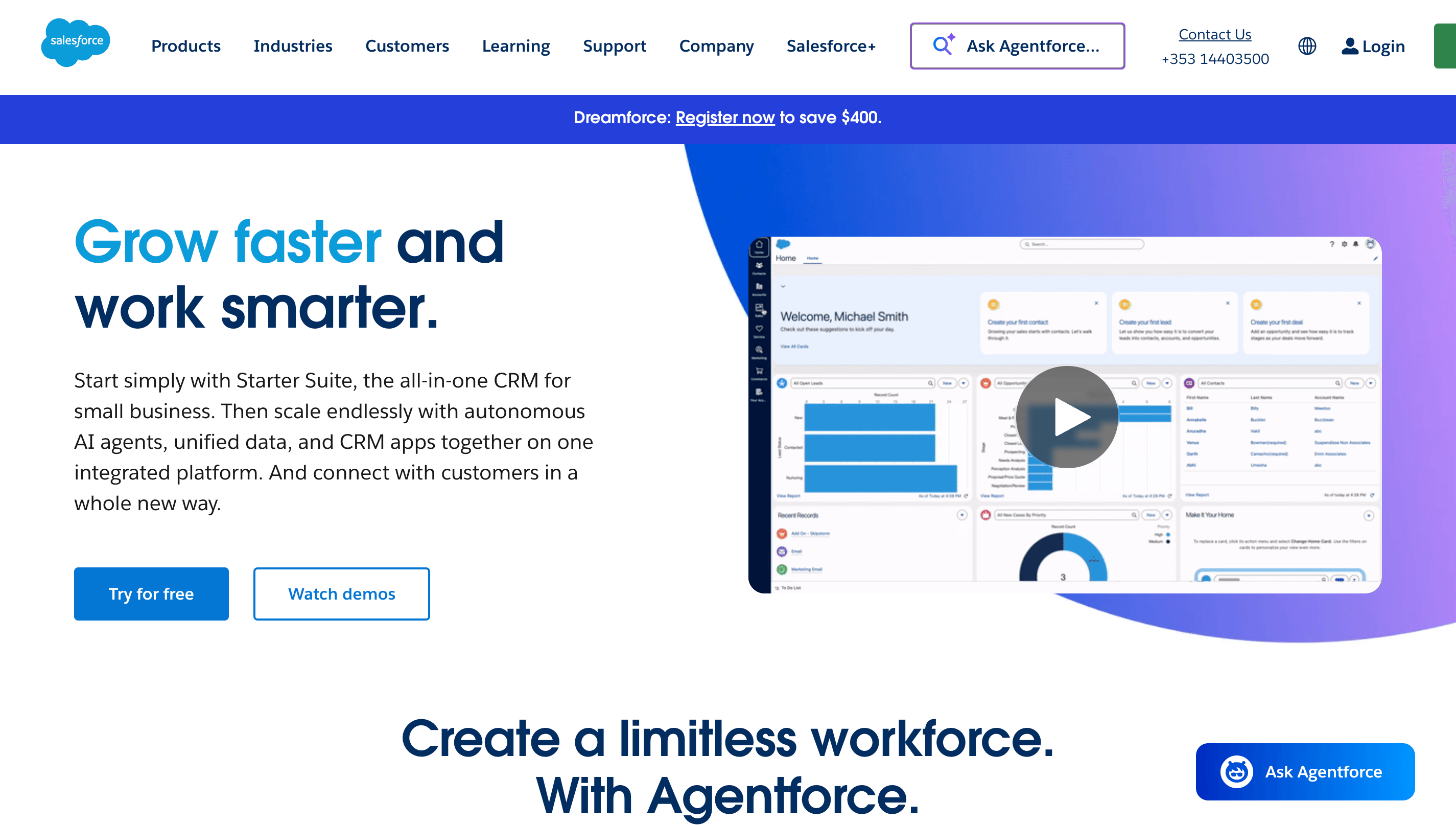
Integrating ERP Systems with Shopify
Enterprise resource planning ERP manages business processes through data collection across multiple departments. For example, supply chain, sales, accounting, sales and other departments. ERP software improves transparency and access to real-time data. ERP connects all business processes and integrates them into one system, bringing together data to support planning and operations. A centralized ERP system is vital for e-commerce.
Shopify ERP integration connects an ERP system with Shopify to synchronize inventory and customer data. Successful ERP integration with Shopify can be achieved using custom APIs, pre-built integrations, or middleware solutions.
Tips for Shopify ERP Integrations:
- Compatibility: Ensure the ERP system meets your business requirements by considering order volume and processing times.
- Integration with other systems: Choose a system that integrates with other systems you use outside of Shopify or Shopify payment gateways API. For example, accounting systems, payment platforms, and CRM systems.
- Scalability: Your ERP system must be able to scale with business growth and/or upgrade seamlessly as needed.
- Data Security: Security is critical in e-commerce. Your ERP system must have strong security features, including data encryption, access control, and backups.
- User-friendly Interface: The system must be easy to access and use with clear, actionable insights to make well-informed decisions.
- Mobile Friendly: A mobile-friendly ERP is crucial in today’s fast-paced digital world.
- Customer Support: Does the ERP you are considering have reliable customer support? It is important to have technical support and training available to help you operate your ERP platform efficiently and effectively and to address issues if they arise.
Integrating Mailchimp with Shopify
The Mailchimp-Shopify integration connects a leading e-commerce platform with a prominent marketing automation service. This connection enables merchants to synchronize customer and store data between the two systems. Businesses can leverage their Shopify store data to create targeted marketing campaigns directly within Mailchimp.
A primary function of this integration is the automatic syncing of customer information. When a new customer places an order on Shopify, their contact details and purchase history automatically populate within the designated Mailchimp audience. This process eliminates manual data entry and ensures marketing lists remain current. The integration also tracks crucial e-commerce events, such as purchases and abandoned carts, which can trigger automated email sequences.
Furthermore, the connection allows for the creation of segmented audiences based on specific shopping behaviors. Marketers can design campaigns for customers who purchased a particular product, spent over a set amount, or abandoned their shopping cart. This capability facilitates highly relevant communication aimed at increasing customer retention and driving repeat sales. The integration provides a measurable link between marketing efforts and revenue by including purchase data directly in Mailchimp reports.
Shopify Integration Services from Transform Agency
Shopify is a powerful tool for e-commerce entrepreneurs ready to establish themselves in the digital marketplace. Providing user-friendly solutions like Shopify payment processing for creating online stores with scalability to manage robust business growth, Shopify is further optimized through the ability to integrate with tools and services like Amazon and Salesforce.
The many benefits of integrating Shopify with Amazon and Salesforce are virtually unmatched in the world of e-commerce. However, aligning with the right technological partners is the key to success. Transform Agency offers expert guidance and solutions aligning with your unique business objectives and requirements. We are committed to innovation and are ready to help you amplify your Shopify store’s potential.
Contact us today to discuss your specific e-commerce business needs.
FAQ
What does Shopify integrate with?
Shopify integrates with a wide range of services, including payment gateways, social media platforms, email marketing tools, and shipping solutions. Popular integrations include Google Analytics, Facebook, Mailchimp, and QuickBooks.
Does Shopify have API integration?
Yes, Shopify offers robust APIs that allow developers to create custom integrations with other applications. This enables seamless data exchange and extended functionality for your Shopify store.
How can I integrate an external API in Shopify?
To integrate an external API in Shopify, you can use Shopify’s API along with webhooks. You’ll need to have or develop a custom app to handle the API calls and data processing.
Does Shopify integrate with ERP systems?
Yes, Shopify can be integrated with various ERP systems. This integration helps automate and streamline business operations by syncing data such as inventory, order management, and customer information.
Do I need a CRM with Shopify?
While not mandatory, integrating a CRM with Shopify can enhance your customer relationship management by centralizing data, improving customer support, and enabling more effective marketing strategies.
Can Zoho CRM integrate with Shopify?
Yes, Zoho CRM can integrate with Shopify. This integration allows you to manage customer interactions, track sales, and automate marketing tasks directly from your CRM platform.
Which email marketing tools have a direct Shopify integration?
Many email marketing tools offer direct integration with Shopify, including Mailchimp, Klaviyo, and Constant Contact. These integrations help in automating email campaigns and tracking customer engagement.
A seasoned product manager specializing in e-commerce, Helen excels in market analysis and strategic marketing for Magento platforms.
A seasoned product manager specializing in e-commerce, Helen excels in market analysis and strategic marketing for Magento platforms.

